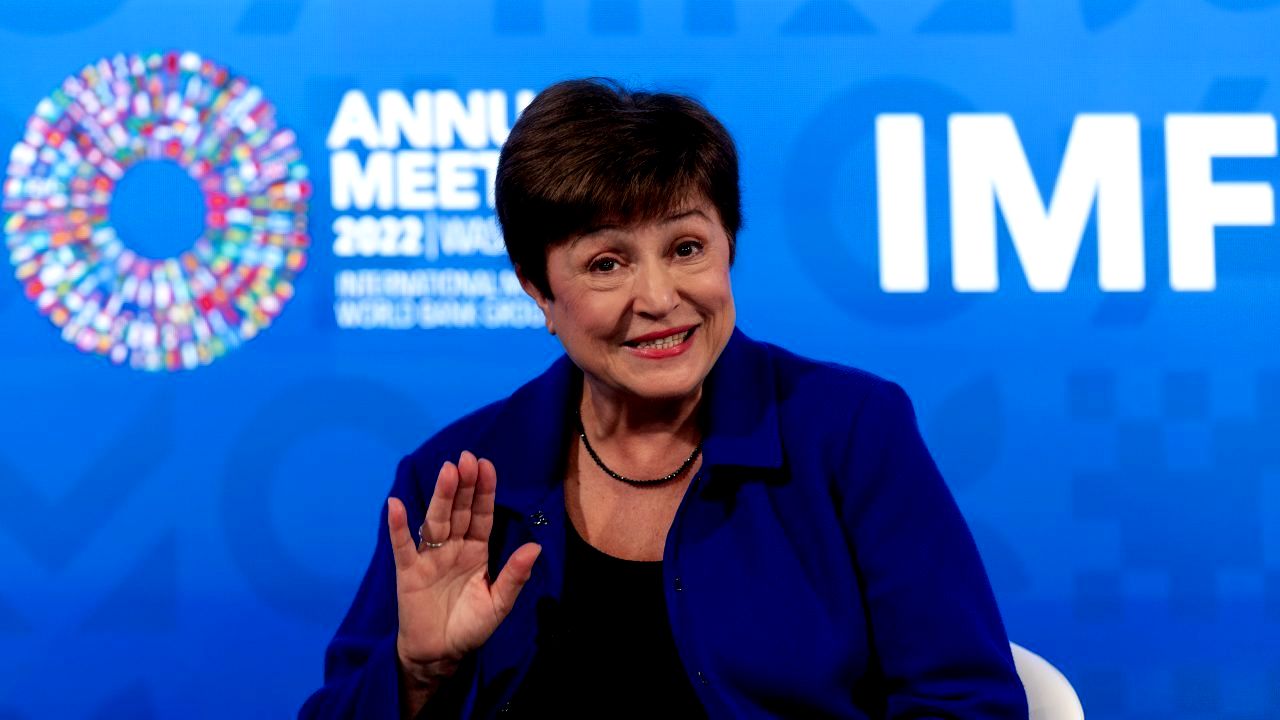

Google to Require Government License from Personal Loan Apps in Kenya, Nigeria S...
source link: https://bitcoinke.io/2022/11/google-requirements-from-personal-loan-apps/
Go to the source link to view the article. You can view the picture content, updated content and better typesetting reading experience. If the link is broken, please click the button below to view the snapshot at that time.

Google to Require Government License from Personal Loan Apps in Kenya, Nigeria Starting in February 2023 – BitcoinKE

Google will require loan apps operating in Kenya to show proof of license to remain listed on its Playstore, part of measures targeting several emerging market countries like Kenya and Nigeria.
This is revealed in the company’s recent Developer Program Policy whereby it requires that developers with personal loan apps targeting Kenyan users must complete a declaration form, which includes a copy of a government license, before publishing their personal loan app.
“Personal loan apps operating in Kenya without proper declaration and license attribution will be removed from the Play Store,” said Google.
Google says it will only accept declarations and licenses from entities published under the Directory of Digital Credit Providers on the official website of the Central Bank of Kenya (CBK). Platforms that do not offer loan services but facilitate other loan providers to offer loans will have to show the licenses of all providers utilizing their platform.
* Complete the Personal Loan App Declaration for Kenya
* Complete the DCP registration process and obtain a license from the Central Bank of Kenya. You must provide license from the CBK as part of your declaration
* Only accept licenses from entities published on CBK website— BitKE (@BitcoinKE) November 29, 2022
Earlier in the year, the Central Bank of Kenya (CBK) said that only 10 loan providers had complied with its new regulations introduced in March 2022, and been added to its directory – even though 288 applied.
In October 2022, the country’s data protection office said it was investigating 40 loan providers after receiving reports from Kenyans complaining about how the services processed users’ data. The majority of complaints it has received (54% out of 299 admitted) were made against loan apps.
However, it’s not just Kenya where loan apps are proliferating unregulated on the Google Playstore. Similar requirements have also been introduced for loan apps in India, Indonesia, and the Philippines. For loan apps in Nigeria, Google requires they have a ‘verifiable approval letter’ from the Federal Competition and Consumer Protection Commission (FCCPC).
“You must, upon Google Play’s request, provide additional information or documents relating to your compliance with the applicable regulatory and licensing requirements,” Google indicated.
Kenya and Nigeria are major tech hubs in Africa and have witnessed the proliferation of loan apps, offering quick unsecured personal loans of up to $500.
* Digital Money Lenders must adhere to and complete the LIMITED INTERIM REGULATORY/ REGISTRATION FRAMEWORK AND GUIDELINES FOR DIGITAL LENDING, 2022 by FCCPC Nigeria* Provide additional docs relating to your compliance with the applicable regulatory & licensing requirements
— BitKE (@BitcoinKE) November 29, 2022
________________________________________
Follow us on Twitter for the latest posts and updates
Join and interact with our Telegram community
________________________________________
________________________________________

Following the collapse of FTX, which was one of the largest crypto exchanges in the world and the ensuing market decline, the International Monetary Fund (IMF) is once again calling for stronger crypto regulations across the African continent.
According to the IMF, while many people use crypto assets for commercial payments, their volatility makes them unsuitable as a store of value.
“Policymakers are also worried that cryptocurrencies can be used to transfer funds illegally out of the region and to circumvent local rules to prevent capital outflows.”
IMF also points out that the widespread use of cryptocurrencies could undermine the effectiveness of a country’s monetary policy, creating risks for financial and macro-economic stability.
IMF officials have previously asked African governments to implement tighter control of crypto flows, which they argue, pose a challenge to regulations meant to protect economies from volatile financial flows.
“The risks are that much greater if crypto is adopted as legal tender – as the Central African Republic recently did. If crypto assets are held or accepted by the government as means of payment, it could put public finances at risk.” – The IMF
Central African Republic (CAR) remains the only country to legalize cryptocurrencies in Sub-Saharan Africa where most countries have at least some restrictions on crypto activity.
6 countries have banned cryptocurrencies, in some cases, explicitly, as illustrated in blue in the map below:
- Cameroon
- Ethiopia
- Lesotho
- Sierra Leone
- Tanzania
- Republic of Congo
- The light-blue countries have some restrctions on crypto
- The red represents Central African Republic (CAR) which has recognized crypto as legal tender
- DRC, Madagascar, Guinea, Guinea-Bissau have no data
- Somalia is not grouped in Sub-Sahara Africa
- IMF identifies Zimbabwe and Liberia as countries with explicit crypto bans because Zimbabwe has ordered all banks to stop processing transactions while Liberia directed a local crypto startup to cease operations
With only a quarter of African countries having regulations for crypto, IMF points to the difficulty in regulating what is a highly volatile and decentralized system, which also requires a balance between minimizing risk and maximizing innovation.
Even for the Central African Republic that had legalized crypto, it found itself at loggerheads with its regional banking body, Bank of Central African States (BEAC). This is due to BEAC itself having banned cryptocurrencies, IMF contends.
____________________________________
Follow us on Twitter for the latest posts and updates
Join and interact with our Telegram community
____________________________________
____________________________________
Recommend
About Joyk
Aggregate valuable and interesting links.
Joyk means Joy of geeK

